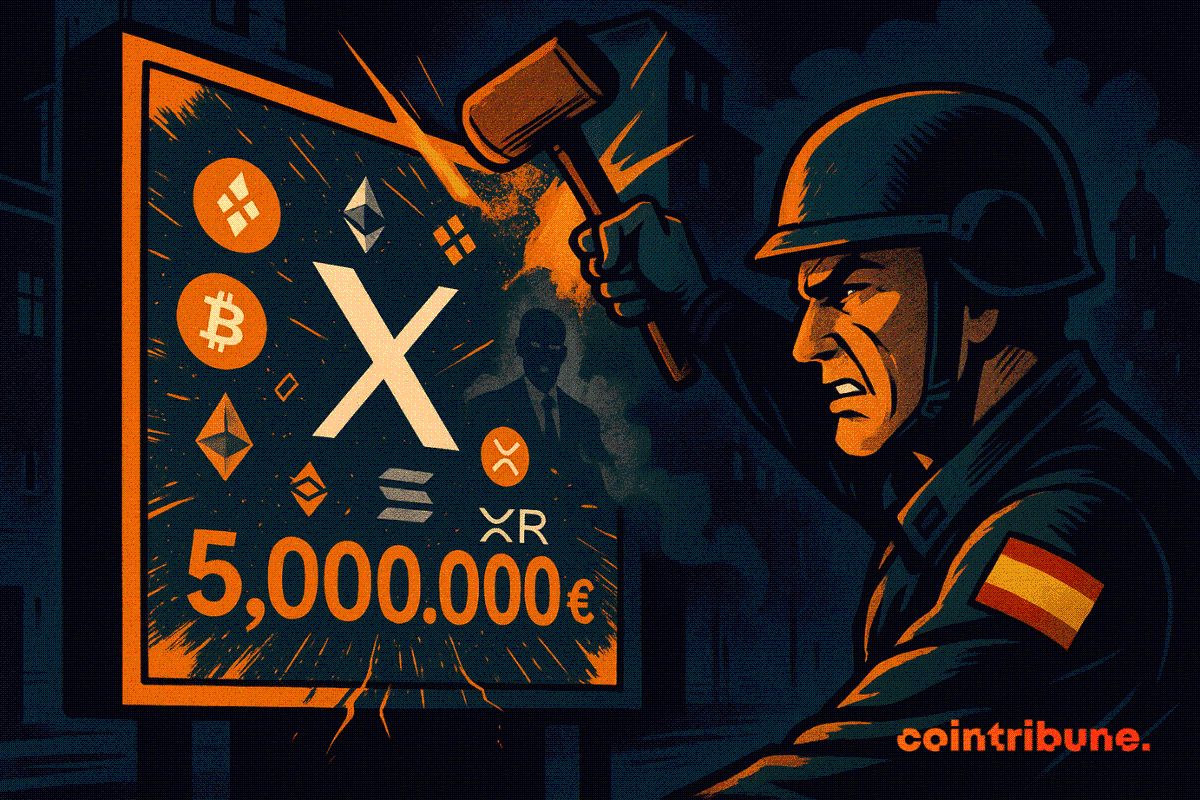Argentina Probes Crypto Scandals Tied to President, Celebrity Memecoins
Argentina’s opposition party, the Frente de Todos, has voted to reopen a formal investigation into President Javier Milei regarding his alleged involvement in the LIBRA token scandal. The decision comes amid mounting scrutiny over the origins and manipulation of the cryptocurrency, which surged to prominence earlier this year before collapsing in value. Hayden Davis, identified as a key figure in the LIBRA token pump-and-dump scheme, has been repeatedly linked to high-profile celebrity-backed memecoins that have exhibited similar patterns of volatility and insider trading. Davis, operating under the pseudonym Kelsier, has been accused of orchestrating the rapid price rise of LIBRA before selling off large portions of his holdings as the token’s value plummeted. The new inquiry seeks to determine the extent of any potential links between the president and Davis, especially as the latter has been tied to other controversial token launches, including those associated with political and celebrity figures. According to reports, Davis admitted to sniping the LIBRA token at launch, a tactic that contributed to its initial meteoric rise before the inevitable collapse. This pattern of behavior has now surfaced in the context of the YZY memecoin, launched by rapper Kanye West, where similar wallet activity was observed. The opposition party cited these overlapping patterns as grounds for further investigation into possible coordination between Davis and political figures. The probe will assess whether any public figures had access to non-public information regarding token launches or played a role in inflating the market for financial gain. The implications of the investigation extend beyond individual liability, as Argentina’s crypto regulatory framework remains under development and the government has yet to issue a comprehensive legal definition for digital assets. With Milei having previously expressed a pro-crypto stance, the potential conflict of interest between his policy views and the alleged activities of connected individuals raises questions about transparency and accountability in the sector. Analysts suggest that the findings could influence the trajectory of Argentina’s broader regulatory approach to cryptocurrencies, especially as global regulators increasingly scrutinize the intersection of politics and digital asset markets. As of now, no formal charges have been filed, and Davis has not publicly responded to the allegations. The investigation is expected to review blockchain transaction trails, funding sources, and communication records to establish any direct or indirect links to the president’s office. Given the speculative nature of celebrity-backed tokens and the volatility of the crypto market, the outcome could serve as a pivotal moment in Argentina’s regulatory evolution and the government’s role in overseeing digital financial instruments.

Disclaimer: The content of this article solely reflects the author's opinion and does not represent the platform in any capacity. This article is not intended to serve as a reference for making investment decisions.
You may also like
Spain Pins X for Illegal Crypto Promotion

Crypto Market Turns Cautious as Bitcoin Slips and Fear Index Hits Extreme Lows

XRP ETF Price Crash Explained
XRP Is Not Bitcoin Or Ethereum, Says Canary CEO As XRPC ETF Launches